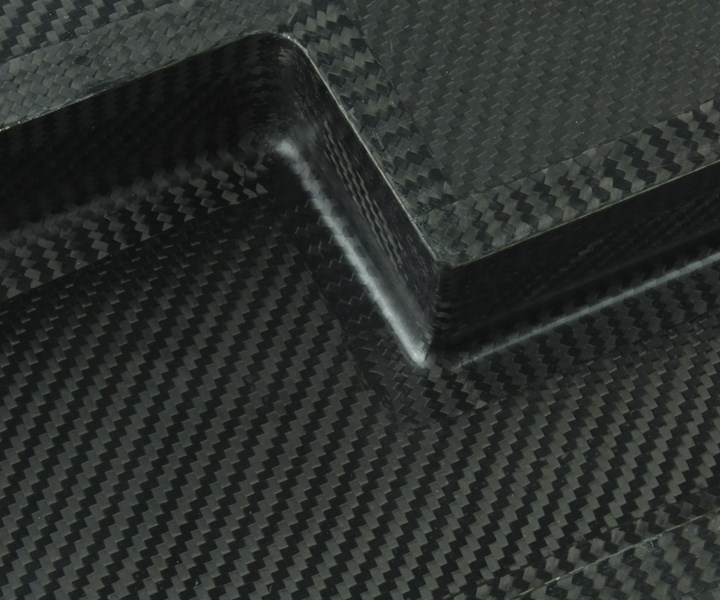New Composites Evolution prepreg cures at low temperature
This low-temperature, 12-hour-cure tooling prepreg is the latest product in Composites Evolution’s Evopreg EPT tooling epoxy range.

Source | Composites Evolution
Editor’s note: ÂÌñÏ×ÆÞ received several new product and technology announcements ahead of JEC World 2020, which had been scheduled for March 3-5. Although that exhibition was postponed to May, CW is now publishing the announcements we received. This is one of them.
Composites Evolution’s (Chesterfield, U.K.) 50°C, 12-hour-cure tooling
prepreg is the latest product in the company’s Evopreg EPT tooling epoxy range, and is designed to enable molders to create tools with optimal surface finish and high dimensional stability.
This specially developed prepreg is also reported to have an extended outlife, enabling large or complex tools to be manufactured with minimal waste. Additional features are said to include good tack and drape for easy layup, excellent release from patterns, high service temperature performance (180°C after post-cure) and excellent surface finish.
According to the company, the addition of this product to the Evopreg tooling epoxy range enables customers to produce high-quality tools with a shorter, 12-hour cure cycle. Tools can now be laid-up and cured overnight, ready to be used the following morning.
Composites Evolution’s EPT tooling resins are available for a range of carbon, glass and flax reinforcement fabrics.
Related Content
-
Corebon induction heating
This sidebar to CW’s August 2024 feature article reviews this technology for more efficient composites manufacturing and why it aligns with Koridion active core molding.
-
High-quality heat treatment, lab equipment for simplified operation
CAMX 2024: Across International is showcasing an array of heat and laboratory materials, including drying ovens, high-temperature furnaces and a bladeless mixing solution.
-
TPI, University of Texas participate in wind blade cure optimization project
Physics-informed machine learning algorithms will be applied to simulate and optimize composite wind blade curing in an effort to advance smart composites manufacturing in industry.
.jpg;width=70;height=70;mode=crop)





